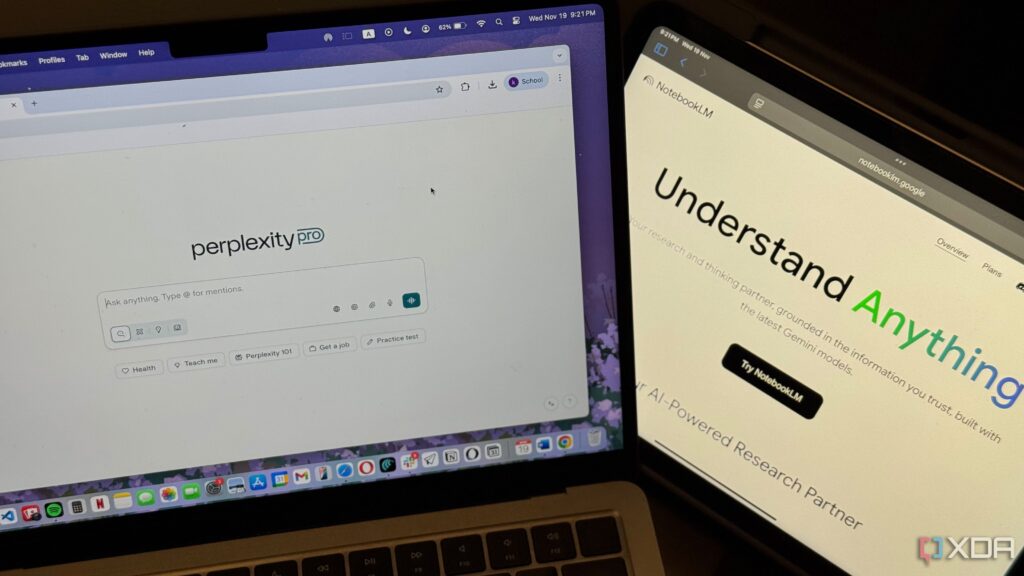
UPDATE: A groundbreaking feature from Perplexity has just been announced, allowing users to transform the AI-powered search engine into a source-grounded tool similar to Google’s NotebookLM. This development is set to enhance the way users interact with their own data and access reliable information.
Perplexity’s new “Set sources for search” feature empowers users to control their knowledge base by limiting search results to specific sources. This capability is crucial for anyone looking to ensure the accuracy and reliability of information, particularly in academic and professional settings.
The feature, previously known as “Focus,” enables users to toggle off categories such as Web, Academic, Social, and Finance, allowing them to draw answers strictly from their uploaded files. Users can now upload documents, lecture notes, and other materials to create a controlled environment for precise queries.
This significant enhancement allows Perplexity to deliver answers based solely on the materials you provide, eliminating concerns about unreliable external sources. For instance, after uploading specific lecture notes and disabling all categories, a user queried about “XDA.” The response indicated that “XDA” was not found in the uploaded material, showcasing the tool’s effectiveness in working within user-defined parameters.
Why This Matters NOW: As misinformation continues to proliferate online, tools that prioritize source-grounded answers are more important than ever. This new feature not only streamlines the research process but also provides an alternative for users who find NotebookLM’s structure cumbersome, particularly when needing quick answers without creating multiple notebooks.
Perplexity’s flexibility stands out, especially for users who need to reference live web content while still maintaining control over their specific sources. Unlike NotebookLM, which relies solely on the documents uploaded, Perplexity allows users to expand their search capabilities if needed, making it a versatile option for diverse research needs.
The user experience is particularly appealing; users can quickly toggle off default settings and upload files, bypassing the tedious process of managing multiple notebooks. This new approach is designed to save time and enhance productivity, making it an ideal solution for students, researchers, and professionals alike.
While Perplexity may not replicate all of NotebookLM’s learning features—such as mind maps and audio overviews—it successfully provides a streamlined way to obtain reliable, source-based answers. Users can still utilize its quiz and flashcard features, making it a practical tool for study and review.
In summary, the launch of this new feature positions Perplexity as a strong contender for users seeking efficient, source-grounded responses without the limitations associated with NotebookLM. As the demand for reliable information continues to grow, tools like Perplexity are stepping up to meet the needs of an increasingly discerning audience.
Expect more updates and enhancements from Perplexity as it continues to refine its capabilities in the AI-driven search landscape.






